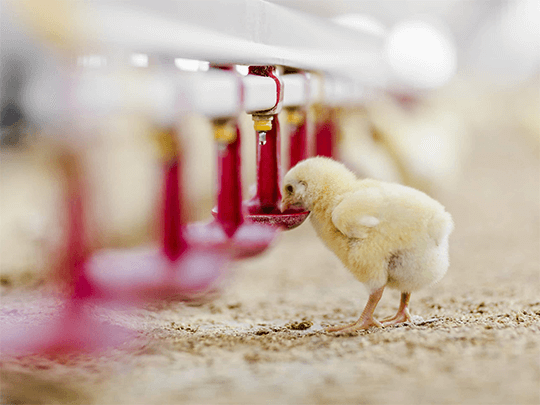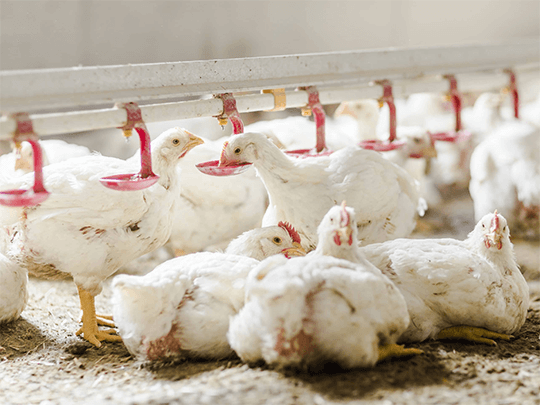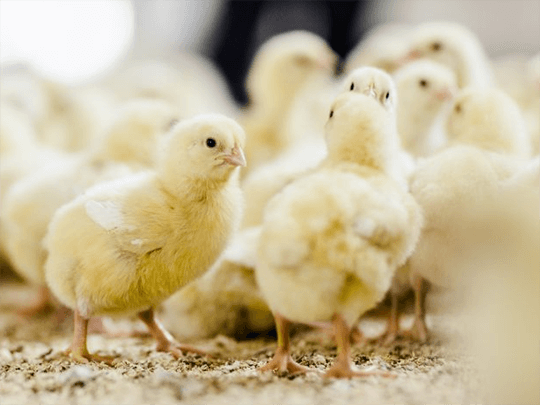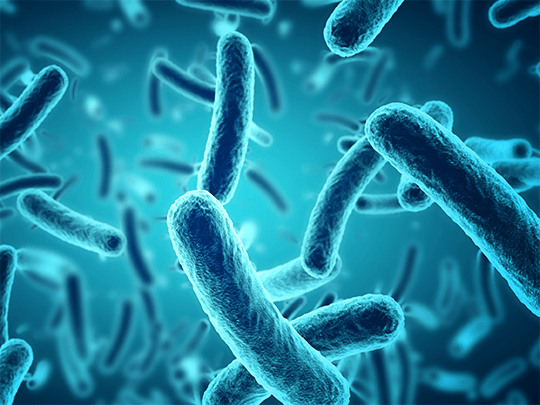What is the effect of heat stress in monogastrics? (Part 2)
Livestock suffers from rising temperatures. In the first part we already talked about the effects of heat stress on intestinal morphology. Do you know that there are the effects on the intestinal barrier as well?
The closer summer approaches, the more urgent a topic becomes: heat stress.
In the first part of our series on heat stress and its effects on monogastrics, we have already examined the influence of heat stress on the intestine. Heat stress can affect the intestinal morphology – like crypt depth and villus height. However, the integrity of the intestinal barrier also suffers from prolonged heat.
The effects of heat stress on intestinal barrier include
- impaired integrity of tight junctions
- increased permeability of the intestine for various molecules and pathogens
- increased migration of bacteria from the intestine to other parts of the body
…Get more informations in this article

A functional impairment of the intestinal barrier could explain the increased susceptibility to diseases of heat-stressed farm animals.
As explained in Part 1, the intestinal barrier is the first line of defense against harmful microbial pathogens, their toxins, and antigens from the intestinal lumen.
Tight junctions serve as a selective barrier and thus regulate the paracellular transport – i.e. the transport between individual cells.
Did you know?
Tight junctions serve as a selective barrier and thus regulate the paracellular transport. Heat stress in animals compromises the integrity of tight junctions. This increases the permeability of the intestinal mucosa. Its originary function, i.e. the absorption of nutrients and keeping pathogens at bay, is thus disturbed.
Measuring intestinal integrity

The integrity or respectively the permeability of the intestinal barrier can be measured by means of the so-called transepithelial electrical resistance (TEER) in freshly taken intestinal samples or cell cultures.
The lower the TEER, the higher the degree of impairment of the intestinal barrier integrity. Heat stress has been shown to reduce TEER not only in Caco-2 monolayers (Xiao et al., 2013), but also in vivo (Sanz Fernandez et al., 2013).
The literature includes a large number of studies on gene or protein expression of tight junction proteins under heat stress conditions: For example, Xiao et al. (2013) detected an increase in occludin mRNA and protein levels in Caco-2, when culture temperature of the cells was raised from 37°C to 41°C.
In contrast…

…a further increase in temperature to 43°C led to a reduced expression of zonula occludens-1, mRNA, and protein. Meanwhile, no changes in claudin-2 abundance could be observed (Xiao et al., 2013).
In broilers, heat stress at 33°C for 10 hours resulted in a significant decrease in the level of occludin and zonula occludens-1 protein levels (Song et al., 2014).
In summary, these studies show that temperature influences the expression of tight junction proteins.

Although in most of the studies, tight junction protein abundance was decreased by heat stress due to damage and loss of function, others have shown an upregulation of their gene expression
This phenomenon may be explained as a direct consequence of heat stress:
The upregulation of tight-junction gene expression could represent a gut barrier function to counter-regulate the loss of tight-junction proteins induced by heat stress.

It can be concluded:
The results of all studies investigating the link between heat stress and intestinal barrier integrity unambiguously demonstrate the negative impact of heat stress on the intestinal barrier.
An increased migration of bacteria from the intestine to other parts of the body has been directly demonstrated by Quinteiro-Filho et al (2012).
In their study, broilers infected with Salmonella enteriditis showed reduced performance under heat stress (31°C) and had 3.9-times higher Salmonella counts in the spleen than animals in the control group at 21°C.
References upon request

Anne Oberdorf
Anne has always been fascinated by the unknown, the diversity and beauty of nature. Her love for nature brought her to Delacon in 2018 after studying agricultural sciences, where she worked as Technical Communications Manager and later as Product Manager Aquaculture. Since February 2021, she has been taking a new, natural career path outside of Delacon.










